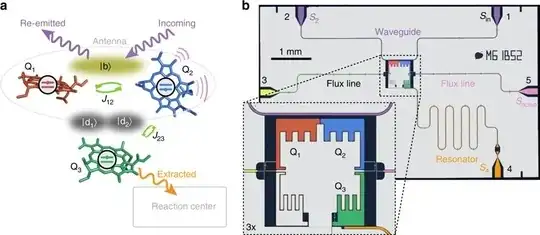As the title suggests, I'm searching for published examples of quantum algorithms being applied to problems in computational biology. Clearly the odds are high that practical examples don't exist (yet) – what I'm interested in is any proof of concepts. Some examples of computational biology problems in this context would be:
- Protein Structure Prediction (Secondary, Tertiary)
- Drug-Ligand Binding
- Multiple Sequence Alignment
- De-novo Assembly
- Machine Learning Applications
I've found only one such reference that I think is illustrative of what I'm looking for. In this research, a D-Wave was used for transcription factor binding, however, it would be interesting to have examples outside the realm of adiabatic quantum computing.
There are several in terms of quantum simulation. While they clearly aren't simulations at a scale often considered to be biologically relevant, one could imagine that this line of research is a precursor to modeling larger molecules of biological significance (among many other things).
So, aside from transcription factor binding and quantum simulation, are there any other proof of concepts that exist and are relevant to biology?
Update I: I’ve accepted the best answer so far but I’ll be checking in to see if any more examples come up. Here's another I found, somewhat old (2010), that aimed at demonstrating identification of low energy protein conformations in lattice protein models – also a D-Wave publication.
Update II: A table in this paper covers some existing applications, most using quantum annealing hardware.
